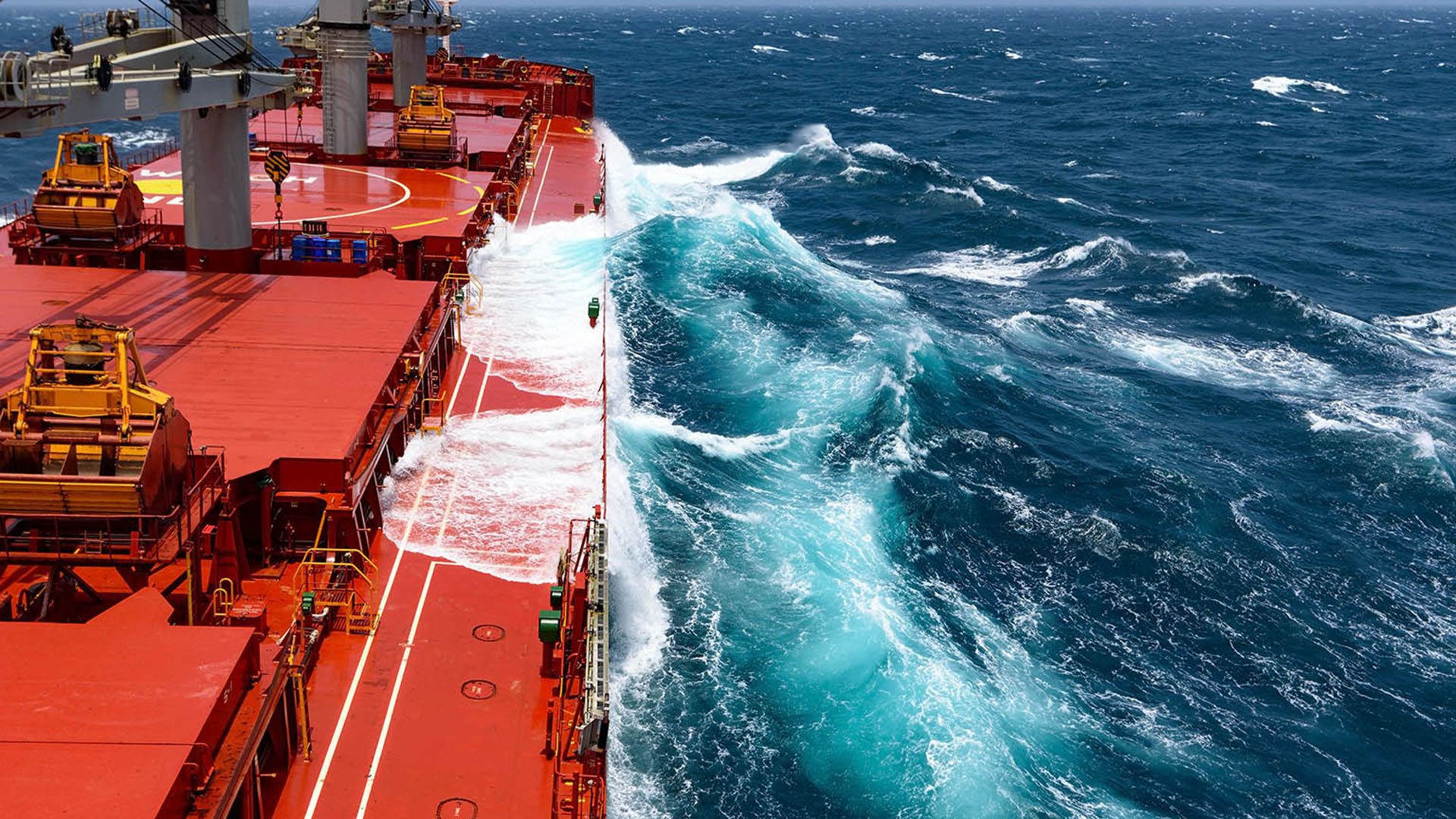
Maritime Labour Convention
Background
The International Labour Organization (ILO) adopted the Maritime Labour Convention (MLC) on 23 February 2006. Following ratification of the Convention by the thirtieth State on 20 August 2012, the Convention entered into force on 20 August 2013. As of 22 September 2016, a number of 79 States have ratified the Convention. The wording of MLC may be found at: Maritime Labour Convention, 2006 (Text of the Convention in all available languages) and a list of those States that have ratified the MLC can be found at: Ratifications of MLC – Maritime Labour Convention, 2006
The MLC provides a set of comprehensive rights and protection at work for seafarers and aims to achieve minimum on board working conditions covering a wide range of matters, including working hours, health and safety, crew accommodation, seafarers’ welfare and seafarers’ contractual arrangements. The new labour standards contained in the Convention consolidate and update more than 68 international labour standards related to the maritime sector adopted over the last 80 years. The MLC requires owners to submit a Declaration of Maritime Labour Compliance (DMLC) to their Flag State, which must be a State Party to the Convention. The Flag State will then issue an MLC certificate to ships flying their flag which should be posted on-board in a conspicuous place that is accessible to seafarers.
The MLC provides that States Parties shall ensure that seafarers on vessels flying their flag are entitled to:
(a) 4 months wages and repatriation costs, including repatriation in cases of a shipowner’s insolvency (effectively abandonment) and for which financial security should be in place, and
(b) compensation in the event of death or long term disability due to an occupational injury, illness or hazard as set out in national law, the seafarer’s employment agreement or collective agreement and for which financial security must be in place.
Ships flying the flag of a State Party to the MLC will therefore need to have evidence that financial security is in place to ensure compliance with (a) and (b) above. The Club therefore upon request provide MLC Certificates for ships insured for P&I risks. Notably, to the extent the security covers liabilities that are not covered by the P&I insurance (such as costs for unpaid wages and repatriation for reasons other than a shipwreck) the member is liable to reimburse the Club should the Club make any payment under the Certificate. This liability is not limited to the Member but it also includes Joint Members having responsibility for sums due to the Club. It is possible for Joint Members to purchase additional insurance for this exposure.